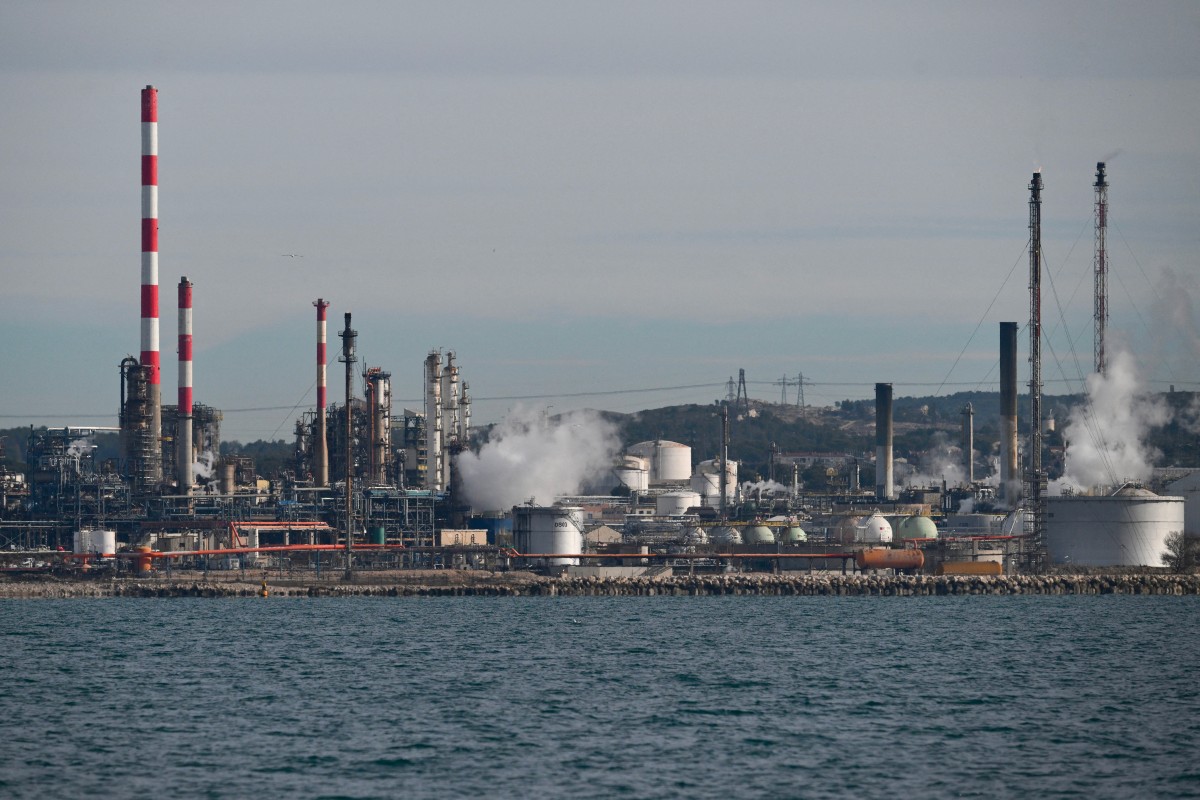PARIS, FRANCE – A consortium of Brazilian, British, French and Chinese energy firms will test new technology aimed at capturing CO2 in an undersea oilfield off Brazil in an effort to reduce emissions, TotalEnergies said on Monday.
The pilot unit will separate oil from CO2-rich natural gas at the bottom of the ocean and reinject the gas directly into the reservoir, the French oil major said.
TotalEnergies said the high pressure subsea separation (HISEP) technology has the potential to reduce the intensity of greenhouse gas emissions “while increasing the field production capacity”.
Energy firms and oil producing countries are banking on controversial carbon capture and storage technology as part of efforts to slash emissions.
Environmentalists say the costly technology, which is still in its infancy, serves as an excuse to keep drilling for oil and gas instead of phasing out of fossil fuels – the biggest contributors to climate change.
Nations agreed at the UN’s COP28 climate summit in Dubai last month to transition away from fossil fuels and accelerate the deployment of renewable energy along with carbon capture technology.
The HISEP technology will be tested in the Mero field, which is operated by Brazil’s Petrobras in partnership with TotalEnergies, British oil major Shell, China National Offshore Oil Corporation and China National Petroleum Corporation.
The field is located in the Santos basin off the coast of Brazil, at a depth of 2,100 meters (6,900 feet) under a thick layer of salt.
Its reserves have been estimated between eight to 12 billion barrels of crude by Brazil’s National Petroleum Agency (ANP).








